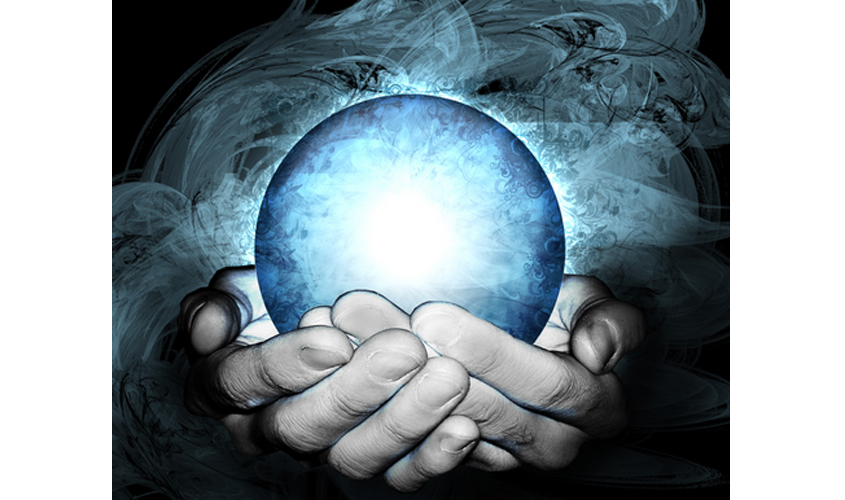Shakeel Ahmad, a well known cloud reader from Varanasi, has predicted powerful to medium earthquakes and strong tidal waves in several countries, including North and South America, Turkey Japan, China, Taiwan, Philippines, Indonesia, Australia and New Zealand. This, he says, will be in the aftermath of the solar eclipse that took place on Monday night.
Shakeel Ahmad, who has predicted several earthquakes by studying formations and patterns of clouds, says that on Monday he observed cloud patterns that are known to signify earthquakes on land and in sea.
“I have, once again, observed the earthquake predicting clouds indicating the first warning signal. A disturbance was noticed in the ionosphere which was due to the condensation of clouds in S E-140 to E N-45 direction. By the magnetic compass from Varanasi, these clouds began to move towards this direction EN-45 to NW-310 and SE-150 to SW-240 and SE-140 to EN-45 direction too,” he says.
Ahmad says that on this basis, he predicts powerful and medium earthquakes, tsunami and tidal waves.
According to geological experts, the gravitational pull of the sun and moon produces tides and gravity could, therefore, affect plate tectonics and potentially trigger earthquakes. In a solar eclipse, the earth, sun and moon are aligned and the effect is the greatest.
Since the past one-and-a-half decades, Ahmad, 59, has been studying the shapes, sizes and movements of clouds, and using that knowledge to predict earthquakes and their intensity. Three days before an earthquake struck Nepal and northern India, Ahmad claims he e-mailed his predictions to the International Strategy for Disaster Reduction (ISDR) and the US Geological Survey (USGS), but did not receive any response.
“I had predicted the earthquake in Gujarat in 2001 and then in Kashmir in 2005 and several other earthquakes in other parts of the world. I regularly e-mail my predictions to the ISDR secretariat, the USGS, all important ministries in India and even media houses, but no one takes me seriously. They do not even revisit my predictions after they come true,” he says.

